From Data To Intelligence And Intelligence To Wisdom
by Prodeep Bose , Columnist, June 2, 2017
If wisdom is the quality of having experience, knowledge, and good judgment, then the human manifestation of this quality pales in comparison to data-driven wisdom.
Did you know…
- People’s credit scores foretell how good they’ll be at taking medication and, consequently, how well they’ll manage their health
- Hospitals with the highest patient satisfaction scores (HCAHPS) actually have poorer outcomes and higher mortality rates
- Electronic prescriptions have a 10% higher probability of getting filled
- Being in the care of one physician in the ICU instead of those with shared responsibilities across specialties has a 10% lower mortality rate
- 90 days from surgery is the period defined as an episode of care to frame most bundled payment models
- 58% of payers and providers have adopted value-based reimbursement, but 79% of total physician compensation still uses a fee-for-service model
- Outcomes of procedures at hospitals are directly correlated to how many procedures are done (which means when a surgeon did their residency, how many years in practice, etc., are less relevant than how many surgeries they performed in a given year)
So what do the seven facts above have in common? Data.
If this sounds trite, it’s not — all of these data points didn’t exist nor were captured until just a few years ago. What’s also true is that more data across diverse sources, from biometrics to intelligent decision-support systems powered by AI, are being leveraged to generate actionable insights. And these insights don’t just shape clinical choices — they shape communications strategies because the two are inextricably linked. But we need to ask imaginative questions of the data, like:
- Can I predict readmission risk by analyzing someone’s Facebook feed?
- Can chatbots support the task of a nurse or caregiver?
- Does it make a difference in compliance and outcomes if a message about the importance of taking your pills regularly comes from your physician instead of the hospital?
Mining unstructured data: the new frontier
Doctors write patient notes, nurses discuss best practices and how to manage different kinds of patients, patients talk about their issues — to each other online and then they leave behind breadcrumbs of their life experiences on Facebook. These are all unstructured data sources that contain insights. To think of data not as form fields, reports, tables and graphs but as expressions of human experience (and then process this vast amount of unstructured data through automated scanning for key phrases, if not natural language processing with AI) is well within our grasp today; hospitals are already doing it. It’s not just biometric data like steps/movement, heart rate, and blood pressure that can be triggers for intervention, but also what patients say, do, and purchase. Changing the brand of one’s detergent is a reliable predictor of diabetes; increased skin sensitivity is an indicator of diabetes that’s often mistaken as a reaction to the use of the detergent.
The era of semi-automated communications
The use of chatbots is a simple example of how patient communications can be designed for rules-based automation. Toyota recently ran a Watson-powered creative campaign for the Rav4 SUV that combines two of the least likely sporting activities to be shared into a set of infinite combinations of ads generated and tested on the fly. Exact phrases most likely to trigger patient compliance or an understanding of disease progression or identifying side effects are all linguistic; they’re strategic communications challenges that can be tested through intelligent automation.
Creativity is a qualifier of the ability to create. In order to create, one must assemble and assimilate ideas, which is where data-driven creativity opens up new frontiers for making wise choices as well as communicating ideas. The new face of creativity is data-driven. Humans can’t process more than 128 bits of information at one point in time, but computers can. It is our hubris that makes us believe we have the best judgment and abilities as communicators on the planet. Turns out, we don’t.
MediaPost.com: Search Marketing Daily
(85)
Report Post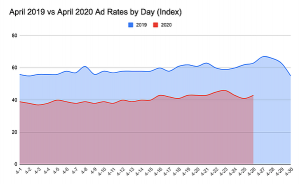

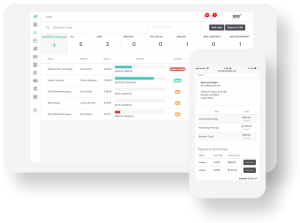

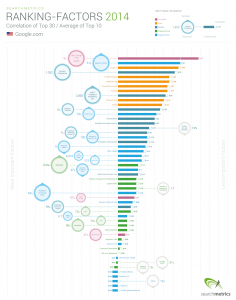
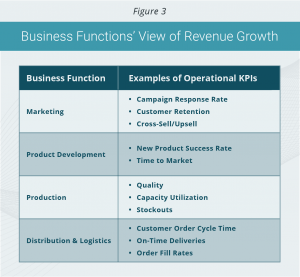

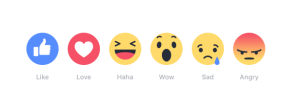

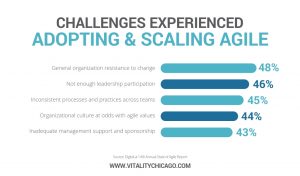
One thought on “From Data To Intelligence And Intelligence To Wisdom”
Comments are closed.